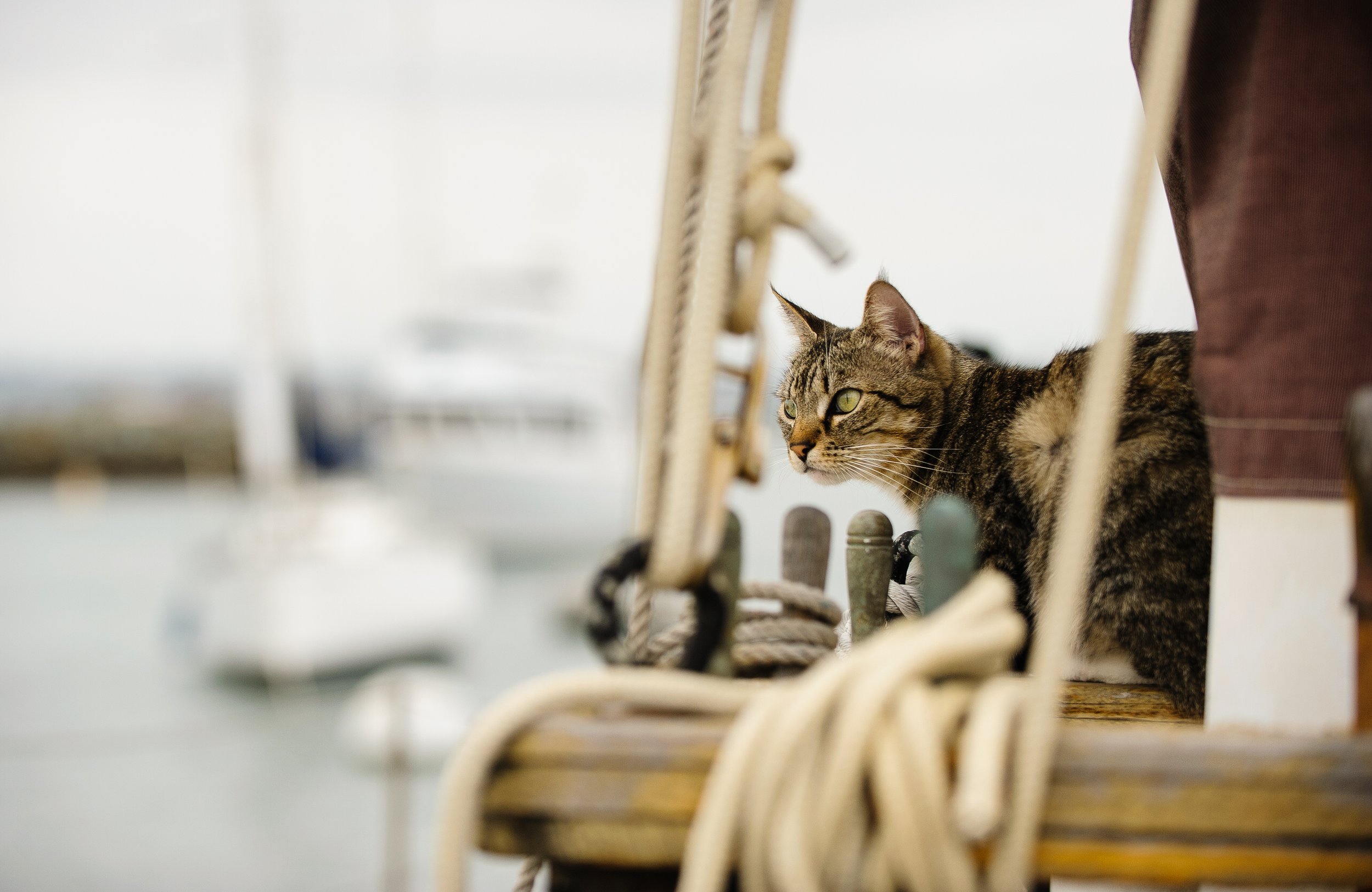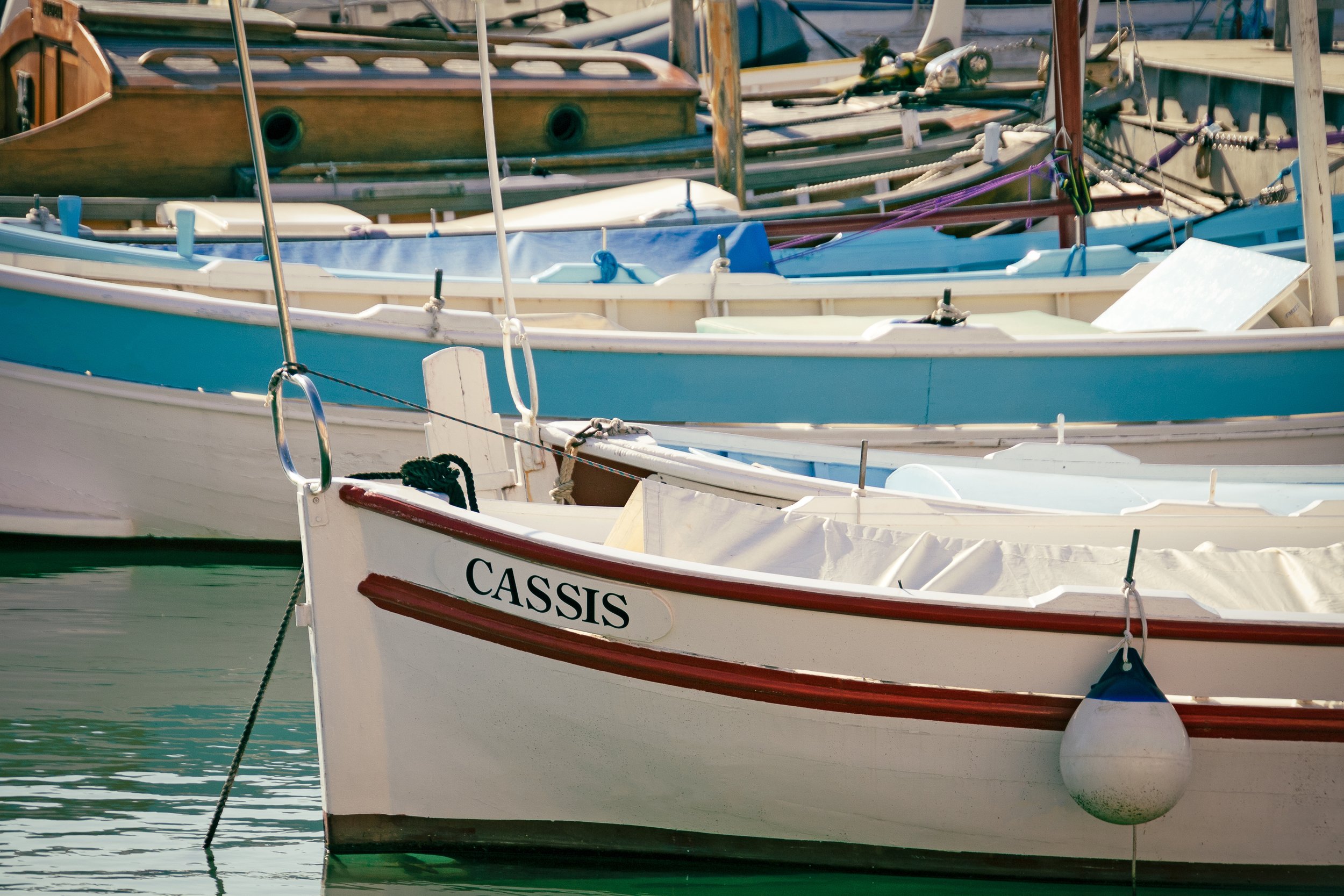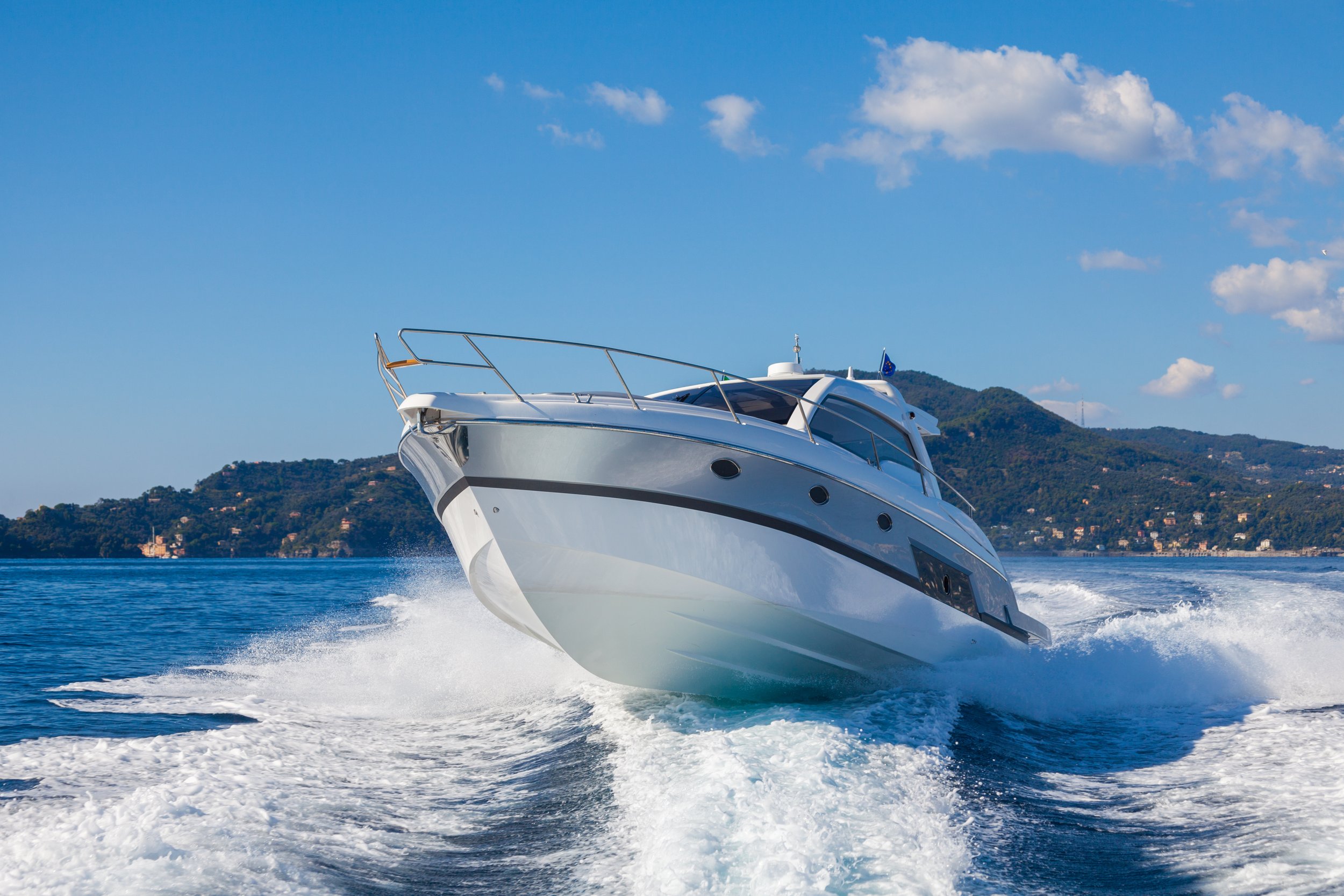9 Boating Superstitions: Maritime Good Luck Charms and Other Myths
There are many longstanding maritime traditions and many of these are steeped in what some would call old wives tales. From lucky charms to why boats have names, we've compiled a list of nautical superstitions.
Cats
You may be more familiar with the notion that black cats are bad luck. However, sailors have a superstition that cats are good luck on a boat because they protect ships from dangerous weather. Cats are considered a positive onboard omen- not just for their rodent control. Some sailors believe that cats can even predict the weather. If a cat falls or is thrown overboard, it means a storm will come to sink the ship. If the ship survives, it is said to be cursed with nine years of bad luck.
2. Pineapples
Pineapples are believed to bring good luck, better fishing, and calm seas. Pineapples are considered good luck on boats because of their historical association with hospitality and prosperity. The superstition may have originated in the Caribbean, where pineapples symbolize abundance and fertility.
3. Bananas
Pack the pineapple and abandon the banana. Bananas are considered bad luck on boats. This unusual superstition began in the 1700s but is still adopted today. When trade ships sailing from the Caribbean & Spain started to disappear, legend has it that only these yellow snacks would be found floating amongst the wreckages. Seafarers believed the bananas had caused the ship to sink, which led to many rumors back at the docks and throughout the seas.
4. Goodbye, farewell
Ancient mariners believed uttering certain words, including goodbye, automatically doomed the voyage, keeping the ship from returning to shore. It’s still a popular belief among captains and fishermen today. It's like saying, "good luck" instead of, "break a leg" to an actor- boaters consider saying goodbye to be bad luck.
5. “Red Sky at Night, Sailor’s Delight; Red Sky in Morning, Sailors Take Warning.”
The variations on this saying come down to meteorological predictions dating back to biblical times. When the sky is red at sunset, high pressure and stable air are approaching from the west. By contrast, at dawn, red indicates approaching rain, and possibly stormy seas. While you can always depend on the weather app on your phone, this saying has rang true for sailors for hundreds of years.
6. What’s In A Name
Some sailors believe the boat takes on a life of their own after they are named. Ancient sailors used to honor their gods by naming their boats after them, hoping the honor would bring them protection and good fortune at sea. You've probably noticed many boats are named after women, and are often referred to as "she." This is also an ancient tradition stemming from the fact that European languages identify the boat as an object as feminine. But, it also could be that, despite the myth about having women onboard being unlucky, sailors took comfort in a feminine, motherly presence when faced with danger. Today, many boats are named after important people in the boat owner's life, such as their wife, and the best times to name a boat are at high tide, when the sun is at its peak, or under a full moon. It's interesting to note that it is not recommended to rename a ship as renaming a ship is seen as an attempt to deceive the gods of the sea.
7. Christening
Some boaters believe that a christening ceremony brings good luck and safe travel to the vessel. At the ceremony, the "sponsor," usually a woman, breaks a bottle of champagne or wine against the bow just before the ship enters the water for the first time. This ceremony is still used today, and a boat is often given its name during it. Ancient Greeks used to pour wine out as an offering to their gods, and some say the wine represents the blood of a human sacrifice. These offerings were given in exchange for safe passage through the seas.
8. Whistling
Whistling is prohibited while at sea because it is believed to invite a storm by stirring up the wind, or literally, "whistling up the wind." Some sources can trace this back to the British Royal Navy, where only the cook was allowed to whistle onboard. Others pin it to when out-of-work sailors would handle the stage ropes in a theater, using whistles as their cues. An off-cue whistle could land a stage prop on someone's head, which is why whistling is also prohibited in theaters. No matter the original reason, whistling onboard a boat is considered bad luck.
9. Right foot First
Lastly, always board the ship with your right foot first to bring good fortune. Stepping aboard with your left foot is considered a bad omen, likely because the left side of the body, like being left-handed, used to be associated with the devil.
Whether you believe in these superstitions is up to you, but you now know to bring pineapple for luck, avoid saying goodbye, and board with your right foot! You are ready to set sail on your next fortuitous boating adventure.




